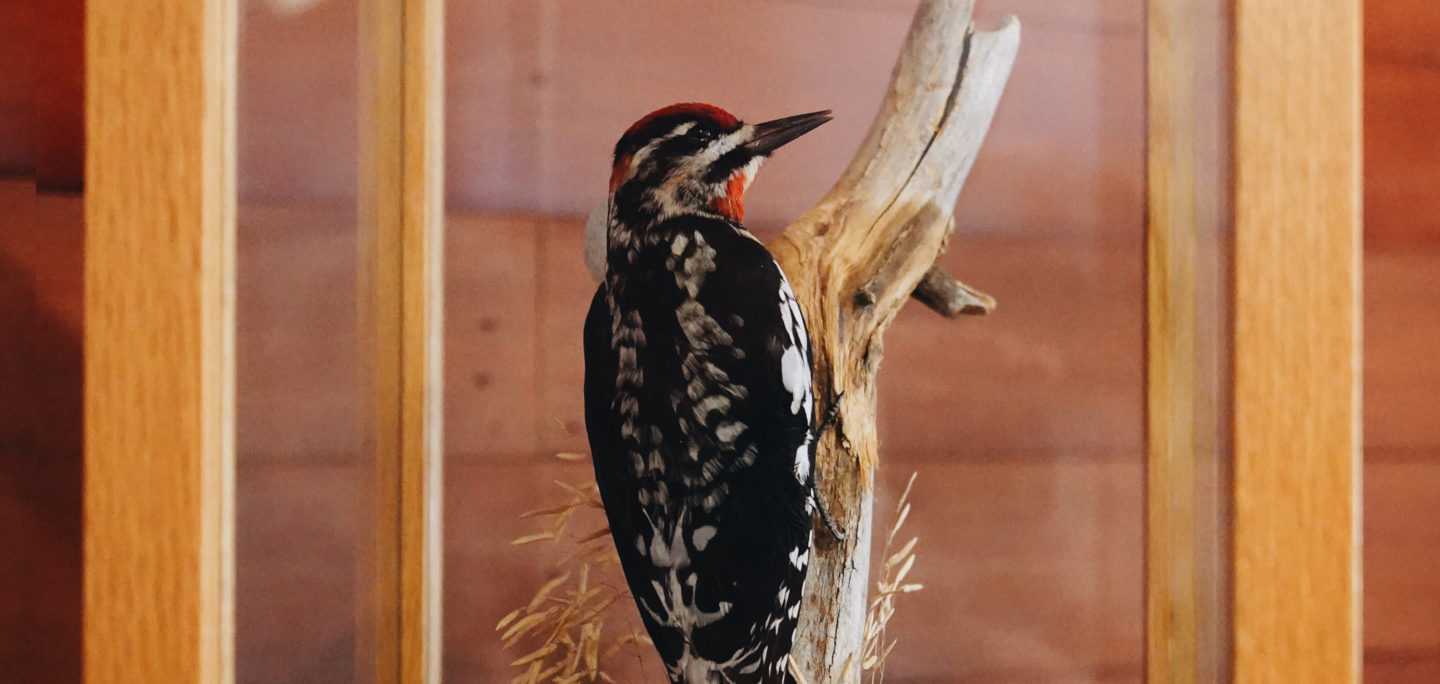Close-up Encounters with Zion’s Wildlife
Project Need: $26,000
Many of Zion National Park’s most compelling wildlife are elusive. Some only come out at night and others are very good at hiding. Zion Nature Center offers a “safe” chance to come face to face with a mountain lion and other local wildlife. Full size professional taxidermy displays make this possible. These specimens make wonderful educational tools to show visitors there is more to the park than its breathtaking scenery.
Today, the park’s taxidermy specimens are not in the best of shape. They need to be cleaned and restored so they’re looking their best for future visitors. The park also wants to ensure that the effects of any hazardous chemicals that may have been used in their initial preservation are mitigated, ensuring these effective educational resources are preserved for future generations.
Zion currently has more than a dozen specimens in need of cleaning, repair, and even full restoration. The collection includes numerous birds (including various hawks and other birds of prey 272023 FIELD GUIDE • INFORMING TOMORROW like the Bald Eagle) as well as some of the parks iconic animals like the mountain lion. Based on inspections from the museum curator, the specimen of a Mexican Spotted Owl is severely damaged and might be beyond repair. The average cost of cleaning and restoring a taxidermy specimen is between $750 and $1,500. The park will find a professional taxadermist who will manage the project and leverage their knowledge of local wildlife. The taxidermy specialist will determine whether it needs to be replaced. The park will work with museum collection staff and the taxidermy specialist to determine the next steps for the Mexican Spotted Owl and other specimens which may be unsalvageable.
“This project is looking forward to establishing protocols to preserve the specimens that have been repaired and ensure the education specimen collection is monitored and cared for with the best resources available,” said Jorge Hernandez, Supervisory Park Ranger for Education.
Funding for this project will provide visitors with safe wildlife close encounters and sustain these invaluable educational tools long into the future.

